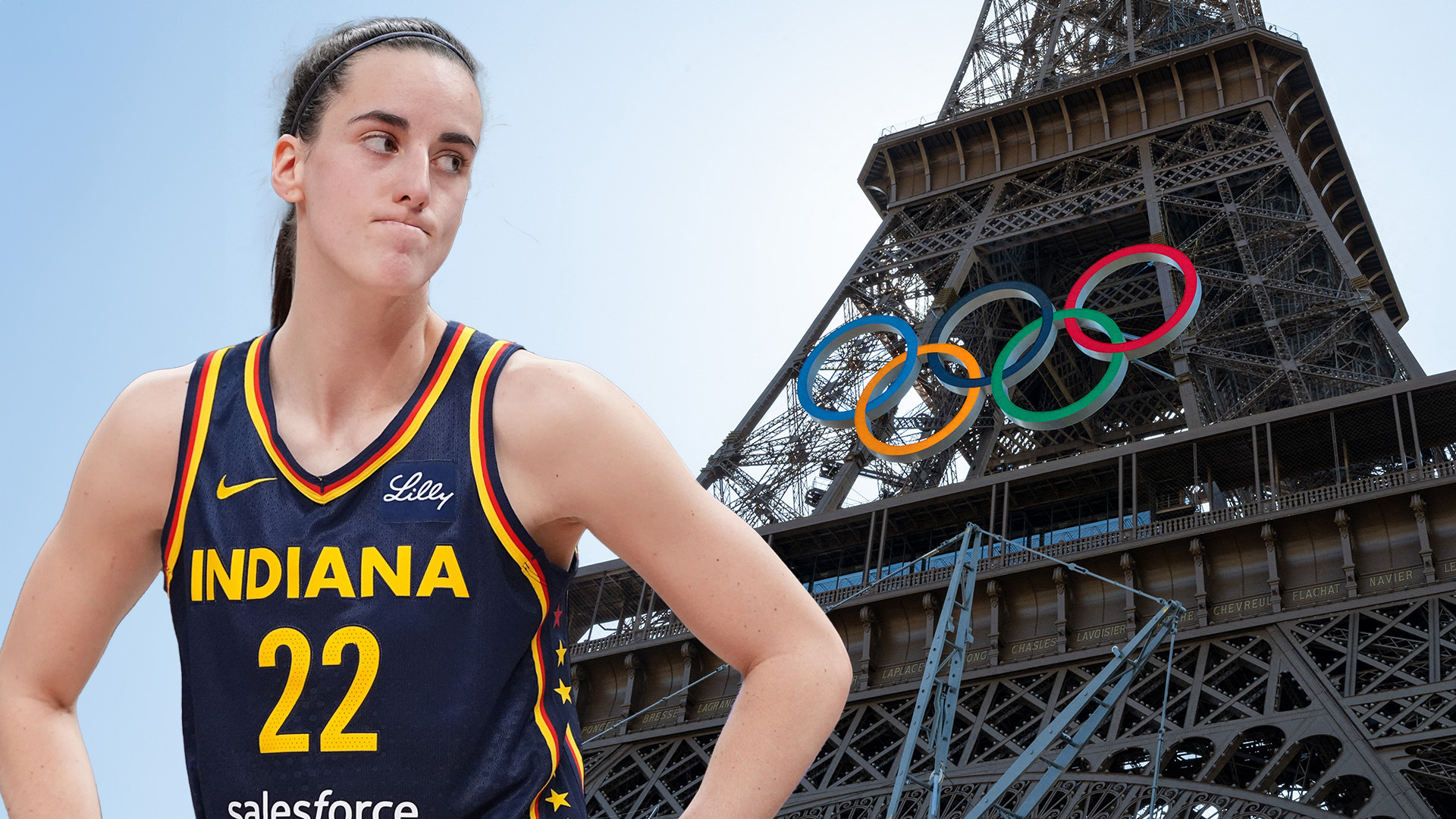
Simone Del Rosario: One of the most covered stories about the upcoming Olympics is who’s not competing in Paris.
WNBA rookie Caitlin Clark has been left off Team USA in favor of more veteran talent. Like A’ja Wilson. Breanna Stewart. Diana Taurasi, to name a few.
But a generation ago, none of these women would have been allowed to compete at the Olympics.
Neither would Steph Curry, LeBron James, Jayson Tatum and the rest of the men’s team.
Nor golfers Scottie Scheffler or Rory McIlroy. I could go on but I’ll get to my point.
All of these athletes are paid professionals and it wasn’t that long ago the Olympics barred pro athletes from participating.
When the International Olympic Committee brought back the Olympic Games in 1894, they built the modern foundation on amateurism, a word literally derived from “lover.” The argument was that amateur athletes competed for the love of the sport, not money.
Former IOC president Avery Brundage claimed the “Amateur Code” prevented the Olympics from being “used by individuals, organizations or nations for ulterior motives.”
Leaders of the Olympic movement would point back to the tradition of the Ancient Games…but the concept of amateurism was somewhat of a misnomer.
David Wallechinsky: They weren’t amateurs, they were supported in their training. If they, you know, won, even in the ancient games, they never have to pay for a drink again for the rest of their lives.
Simone Del Rosario: Olympic Historian David Wallechinsky has been a fan of the games since he was a child.
David Wallechinsky: So my father was a big Olympics fan. And he brought me to the Olympics in Rome when I was 12 years old, I got to see the opening ceremony, a couple of events. And so I became hooked. I wanted to read a book that had all the results and all the best stories and it didn’t exist. So I spent two and a half years creating it.
Simone Del Rosario: One of those Olympic stories is that of Jim Thorpe, with whom Wallechinsky has an interesting family tie. His father ghost-wrote for Thorpe back in the day.
David Wallechinsky: Jim Thorpe was the greatest athlete in the 20th century. And he had won gold medals at the 1912 Olympics and had them taken away because he had played semi-pro baseball.
Simone Del Rosario: Jim Thorpe is a prime example of the problem with amateurism. The year after he swept gold in Stockholm in the decathlon and pentathlon, the IOC took away his medals for having previously played two summers of semi-pro baseball.
And here’s what’s ridiculous about that. Besides the fact that it’s not even the same sport.
Many other Olympic athletes played semi-pro baseball, but they weren’t penalized because they played under fake names. Thorpe’s crime was using his real one.
The IOC eventually righted that wrong, reinstating Thorpe’s gold medals. But he never lived to see it. It happened decades after his death.
Thorpe wasn’t the reason the Olympics finally relented and stopped ringing the amateurism bell. No, the move to allow pro athletes into the Olympics stretched decades and a lot of skirting the rules.
David Wallechinsky: You got the communist countries come in with in 1948, and then, you know, the Soviet Union 52. And they said, We don’t have professional athletes. (whistles for effect) They, they, you know, they’re all members of the army. Because all they did was compete in sports.
Simone Del Rosario: The Soviet screen came to a head on the hockey rink. Canada was furious! Well, as furious as Canadians get.
David Wallechinsky: Canada got really angry. We’re the best country in the world at ice hockey, we’re sending amateurs and the Soviet Union is sending professionals.
Simone Del Rosario: The Canadian hockey team even boycotted the ’72 and ’76 Olympics over it. Then in 1980, the U.S. had its miracle on ice, beating those Soviet professionals with an amateur team.
David Wallechinsky: Finally, the IOC sport by sport went okay, you can make money at the Olympics, and still be in the Olympics.
Simone Del Rosario: The Dream Team marked the true death of amateurism in the Olympics.
You have to know this one. It’s 1992 in Barcelona, the first time NBA players could play in the Olympics and they did it with arguably the greatest sports team – of any sport – ever assembled.
The team included little-known players Michael Jordan, Magic Johnson, Larry Bird, Charles Barkley, and a whole roster of the best players in the world.
They won all eight games by an average of 44 points and coach Chuck Daly never called a single timeout.
The Dream Team helped grow the NBA’s popularity on a global stage. And three decades later, the WNBA is getting its moment.
With or without Caitlin Clark, in Paris, Team USA will strive for its eighth straight win, which would break the record for the most consecutive Olympic team victories in all Olympic sports.
The women haven’t lost an Olympic game since 1992.











